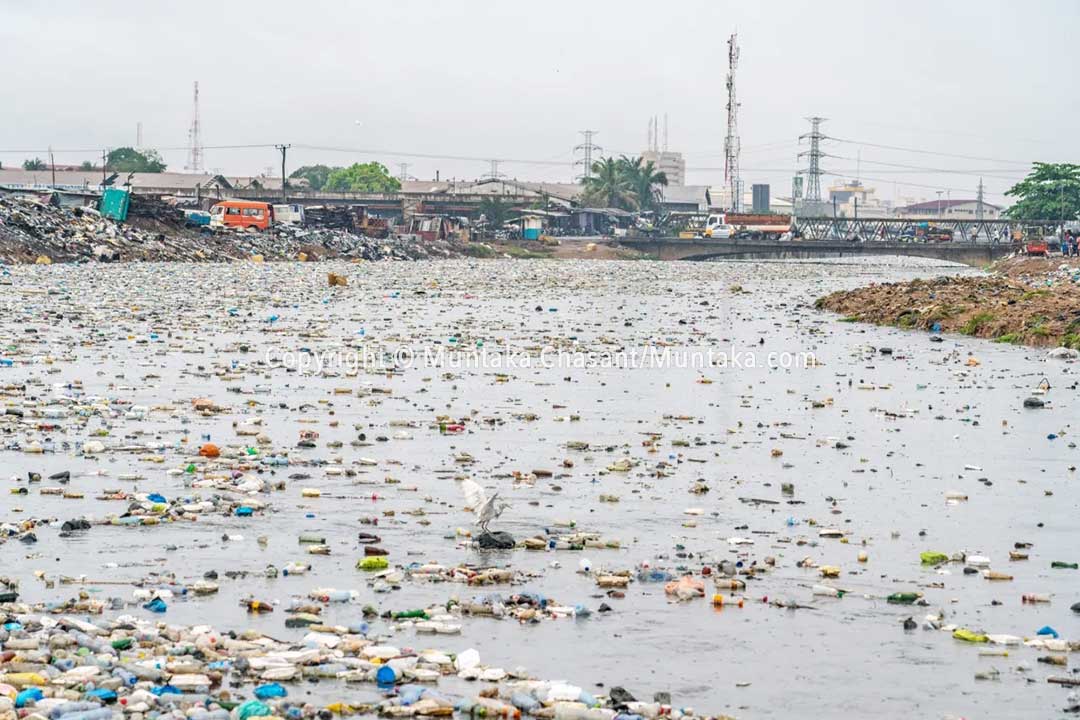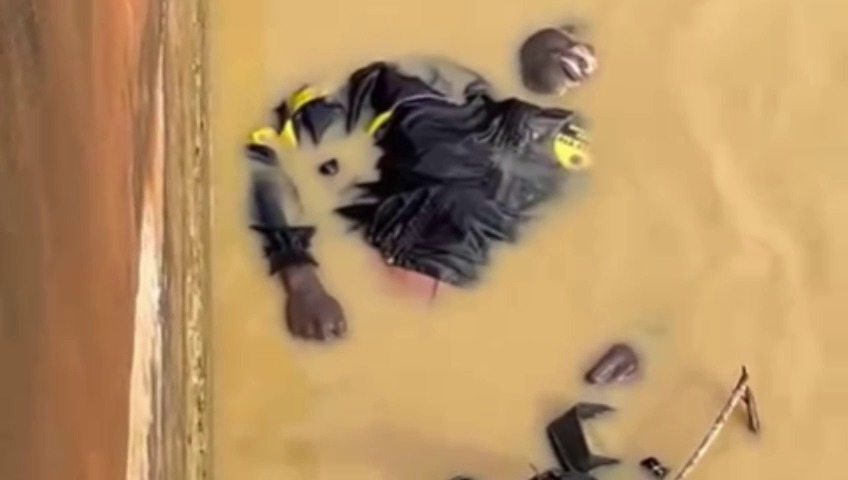A Gradual Policy, Big Expectations
Ghana generates between 840,000 and 1.7 million tonnes of plastic waste annually, depending on the source, with only around 5–10% being recycled leaving the rest to clog drains, pollute waterways, and harm public health.
In response, the Environmental Protection Agency (EPA) is implementing a phased ban on non‑recyclable single use plastics—starting with plastic bags, styrofoam containers, straws, take‑away trays, drink stirrers, coffee cups, and wrappers The Ghana Youth Environmental Movement.
Early Enforcement Measures
Enforcement has begun selectively. Supermarkets and airports are now subject to plastic-free policies expecting reusable and biodegradable alternatives, especially at entry points where plastic bottles and bags will eventually be prohibited kumasimail.com.
Plastic pollution remains entrenched. In Accra alone, nearly a quarter of households resort to burning waste including plastic because waste collection services are unreliable or too expensive RedditReddit.
The informal waste sector operates under precarious conditions: over 2,000 waste-pickers collect plastics, but the global plastic action data indicates only around 5% of plastic waste is formally recycled weforum.org.
Community led efforts, including clean-up movements like the Buz Stop Boys, are raising awareness, yet widespread littering and open burning persist Reddit.
Stakeholder Concerns
Critics warn that the ban may negatively impact livelihoods: the Ghana Plastic Manufacturers’ Association warned that over 5 million jobs could be at risk if the ban is overly broad or abrupt gpma.org.gh+1GNA+1. Local business leaders argue that phasing is key, noting that abrupt restrictions without sustainable alternatives could harm primarily domestic producers GNAnewswiregh.com.
Meanwhile, youth-led groups like the Ghana Youth Environmental Movement (GYEM) continue to advocate for a robust and enforceable roadmap, calling for the total elimination of single-use plastics by 2027 facilitated through incentives, community participation, enforcement, and accountability mechanisms en.wikipedia.org+2Kessben Online+2The Ghana Youth Environmental Movement+2.
It's early days. The ban has officially begun with policy frameworks in place and enforcement starting in high-profile settings but comprehensive impact is still nascent. Improvements are visible in targeted zones, such as reduced plastic use in airports and supermarkets. However:
- Recycling remains low and informal.
- Burning and dumping persist across communities.
- Awareness is rising, but behavior change lags.
With only 5–10% of estimated million-tonnes of plastic waste recycled, it's clear the ban alone isn’t enough, what's needed is full integration into a circular economy strategy, combining regulation, infrastructure, innovation, and community engagement Reddit.
Promising Signs and Future Steps
- Innovation: Local recyclers like Trashy Bags Africa upcycle sachet waste into products—offering a scalable model for plastics reuse en.wikipedia.org.
- Technology: Emerging technologies like biotransforming plastics (self-degrading materials) show promise, though integration into Ghana’s system is still pending Graphic Online.
- Producer accountability: Making EPR mandatory and transitions to biodegradable alternatives are critical next steps GNAThe Business & Financial Times.
Conclusion
The plastic ban in Ghana reflects a bold ambition but so far, its effectiveness is limited by consumer habits, enforcement gaps, and weak recycling systems. To succeed, the ban must be part of a broader ecosystem transformation:
- Strengthen enforcement (especially in residential neighborhoods and markets),
- Invest in waste collection and recycling infrastructure,
- Offer accessible and affordable alternatives,
- Involve communities in behaviour change,
- Hold producers accountable through EPR and transparency mechanisms.
Only by pairing legislation with infrastructure, innovation, and community action can Ghana turn its plastic crisis into an opportunity for sustainable growth.











